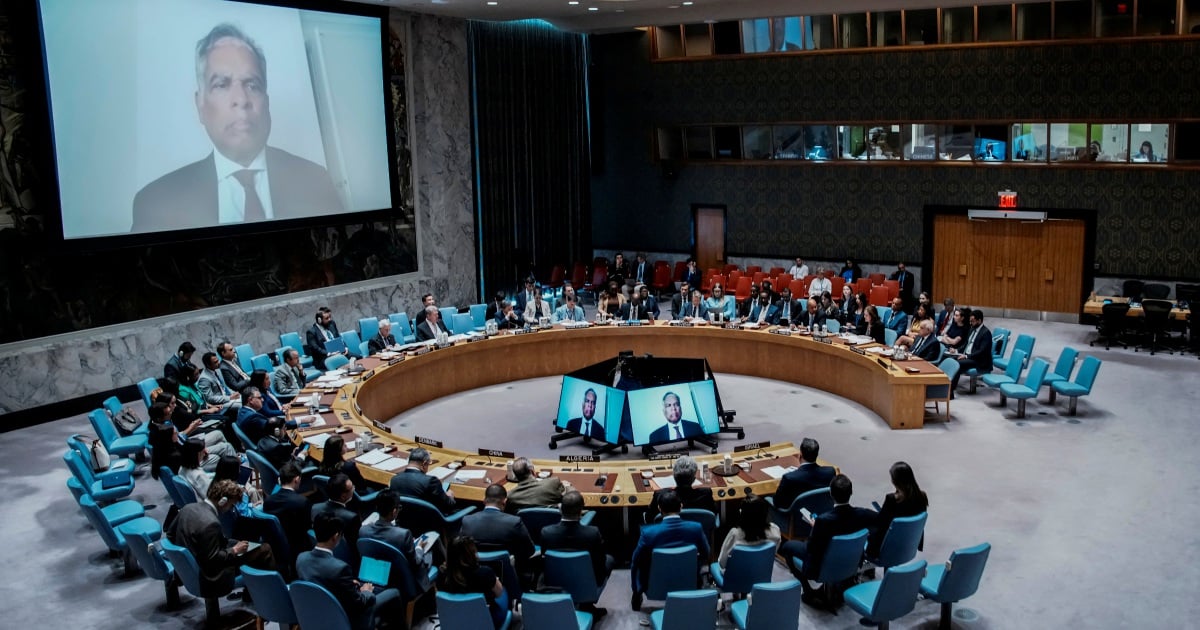The genocide in Gaza epitomises a systematic failure of the United Nations to act as the world’s leading institution responsible for maintaining international peace and security.
The Gaza tragedy also lays bare the imminent collapse of the multilateral system. Multilateralism has given way to unilateralism that breeds protectionist policies.
The failure to punish the perpetrators of the genocide in Gaza has made the UN an object of ridicule.
The tragedy in Gaza exposes not only Israel’s total disregard for human life and disrespect for humanitarian law, but also exposes the ineffectiveness of the UN as a multilateral institution, most blatantly due to the paralysis in the Security Council.
This impasse has been building for decades.
However, the tragedy in Gaza is not merely the failure of five powerful states with veto powers, or the P5. The other members of the UN (188 of them) must also be held accountable.
There are mechanisms within the UN system that would allow the UN General Assembly (UNGA) to act on a threat to international peace — as in today’s Gaza. These include the Uniting for Peace Resolution (Resolution 377.V) when the Security Council is unable to act due to a veto by a permanent member.
This resolution allows the UNGA to recommend collective measures and it has been used a few times, including to address the Korean crisis in 1950 and Congo in 1960.
Blaming the five permanent members for its failure to resolve the Gaza problem does not absolve the members of the UNGA from their responsibility.
They, too, must find ways to solve the problem, including mechanisms outside the UN system.
The US veto against all UN resolutions on Israel’s actions in Gaza gives Israeli Prime Minister Benjamin Netanyahu a free hand to “finish the job against Hamas”.
America siding with Israel should be a wake-up call for the Global South. They must realise that the UN is almost powerless when an armed conflict involves an ally of a state with veto power.
UN Security Council resolutions calling for a ceasefire or an end to the starvation in Gaza has been vetoed by the US not once or twice but multiple times.
Many other UN members are also responsible for the inaction. They have been content to issue only statements while avoiding the hard choices, such as cutting diplomatic and economic ties with Israel and other complicit powers.
Under the UN Charter, UNGA resolutions are non-binding and have only moral authority.
The impasse in the Security Council exposes a gap between the UN’s moral promise and its political reality.
The writer is honorary professor at Universiti Pertahanan Nasional Malaysia.
He can be reached at bahamzah8@hotmail. com
© New Straits Times Press (M) Bhd






